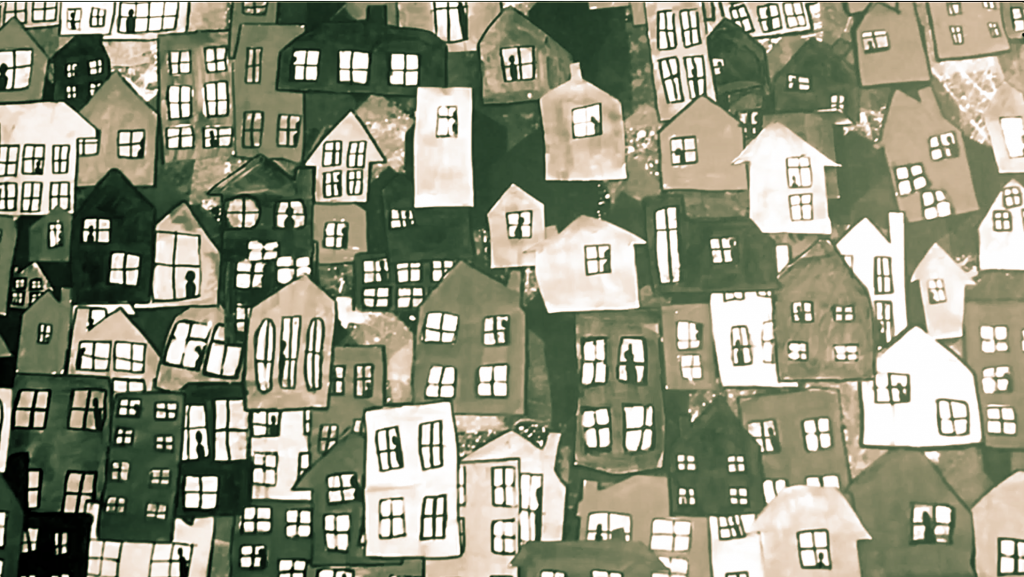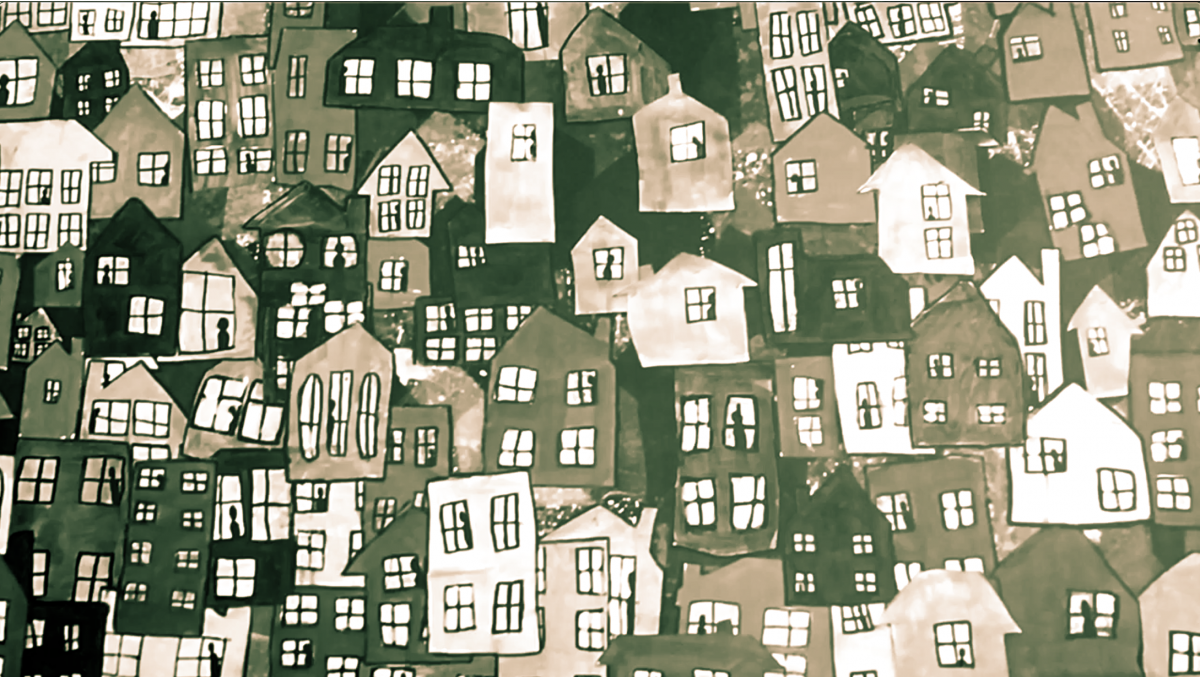
This is the editorial from our Winter 2020 newsletter. To access the full content click here.
Eph 6.12
More than ever people are asking us about civic renewal and how churches should respond. It’s good that people are engaging with these questions, even if only because Covid has laid bare fundamental problems that were decades in the making. Some think ‘recovery’ is about getting back to normal. But the depth of the crisis is deeper than most realise.
If we are to put things right then we need to face what’s gone wrong. Individualism in an extreme form, on both the left and the right, has damaged humanity and weakened our social fabric. This is more visible than before but the causes are longstanding.
Once we appreciate what has happened, we are able to see that renewal means strengthening social trust, restructuring the economy and reasserting an authentic understanding of what it means to be a human being.
In this season of anticipation and incarnation, adopting a constant posture of discernment keeps us attuned to signs of the spirit of renewal at work. There are reasons for hope. We are seeing alliances forming and the calling of Christians being more fully felt, with a greater openness to the action of God’s grace in their lives. We encounter this on a daily basis.
Churches have a vital role to play but many are struggling to define a purpose beyond emergency response. What is required is a shift from a contractual mindset to a covenantal orientation. To do this, the local church must restore its relationship with people and with place. A humble church, yet one which defies the powers and defends humanity.
The purpose of our work around covenant and parish is to help churches wanting to step into this sacred civic role. We are developing this in a continuing partnership with Journal of Missional Practice and the Common Good Foundation: we’ll say more about this next time.
We are always learning from across the Christian traditions, and we knew that the Methodist understanding of covenant would be illuminating. Erica Dunmow unpacks this for us below, looking at its mission to develop local leadership, lifting up its focus on mutuality, commitment to place, and its gift to our political life.
The impact of the Covid era on the Common Good is complex, and as the scale of the fallout becomes clearer, there will be more scrutiny on the decisions that have been taken by government. Catholic social thought helps us understand how to uphold the dignity of the human being, so we are pleased to bring you an essay by Edward Hadas who deploys this tradition to examine the non medical effects of lockdown policy.
Also in this edition, you’ll find videos from some of the more public events we have contributed to recently, in particular a six minute video for Churches Together England, a panel discussion with Jubilee Centre and an interview with A Better Way. You’ll also find our latest signs of the times collection and recommended books. You can see how to get hold of T4CG resources, most of them free to download.
Renewal needs to be deep as well as wide-ranging. If you would like to talk about what this might mean where you are, we are here to help. It has been a pleasure to talk with all of you who have been in touch already. Contact us: info@togetherforthecommongood.co.uk
Finally, you may think from our smart appearance that we are fully funded: we’re not, we just work very hard! Thank you for traveling with us – please help us by supporting the work.
We wish you a joyful Christmas, a blessed Epiphany and a happy New Year
Jenny Sinclair
Founder and Director, Together for the Common Good
Like what you are reading? More inspirational content from Jenny Sinclair can be found here: www.togetherforthecommongood.co.uk/from-jenny-sinclair

